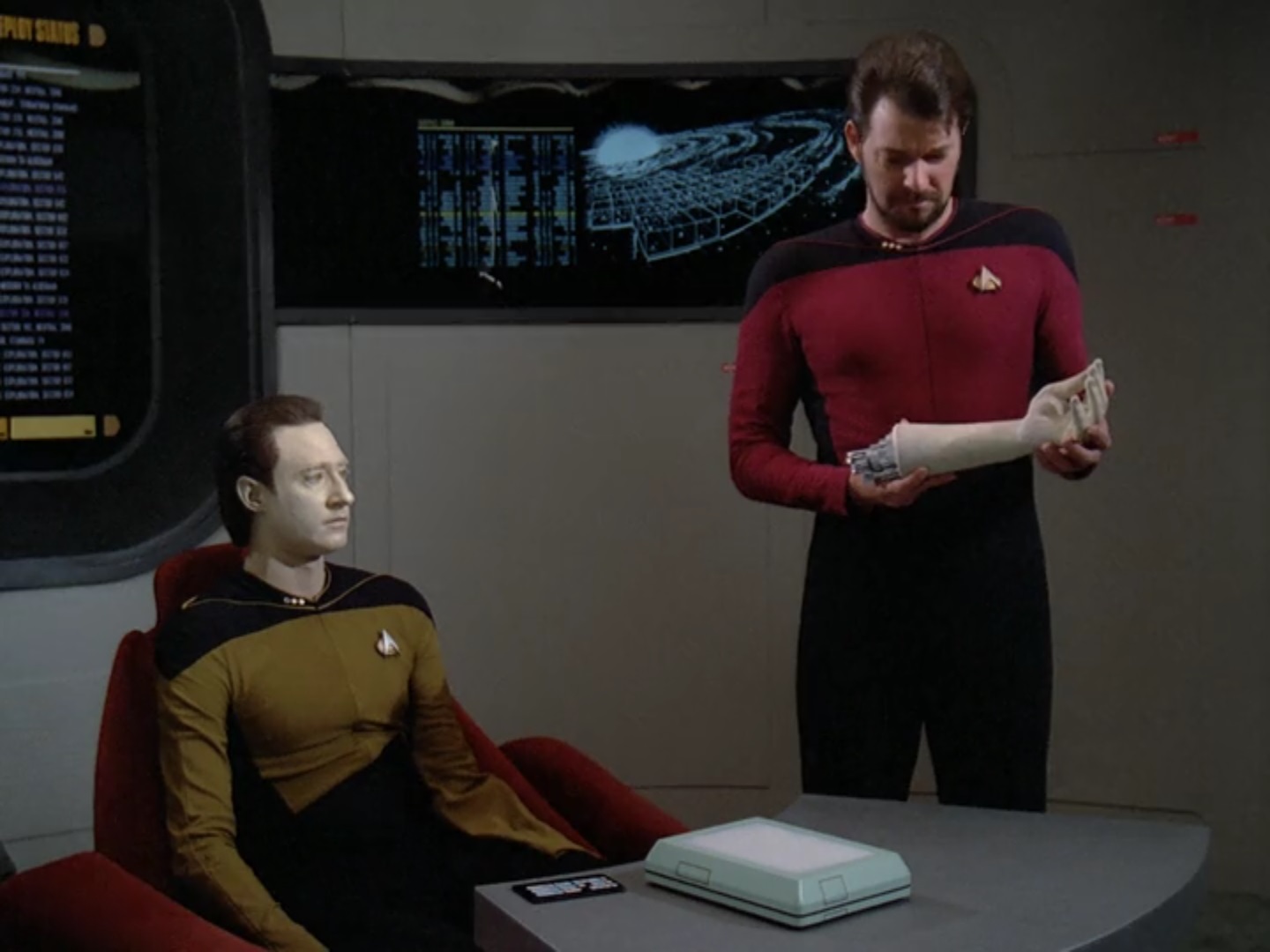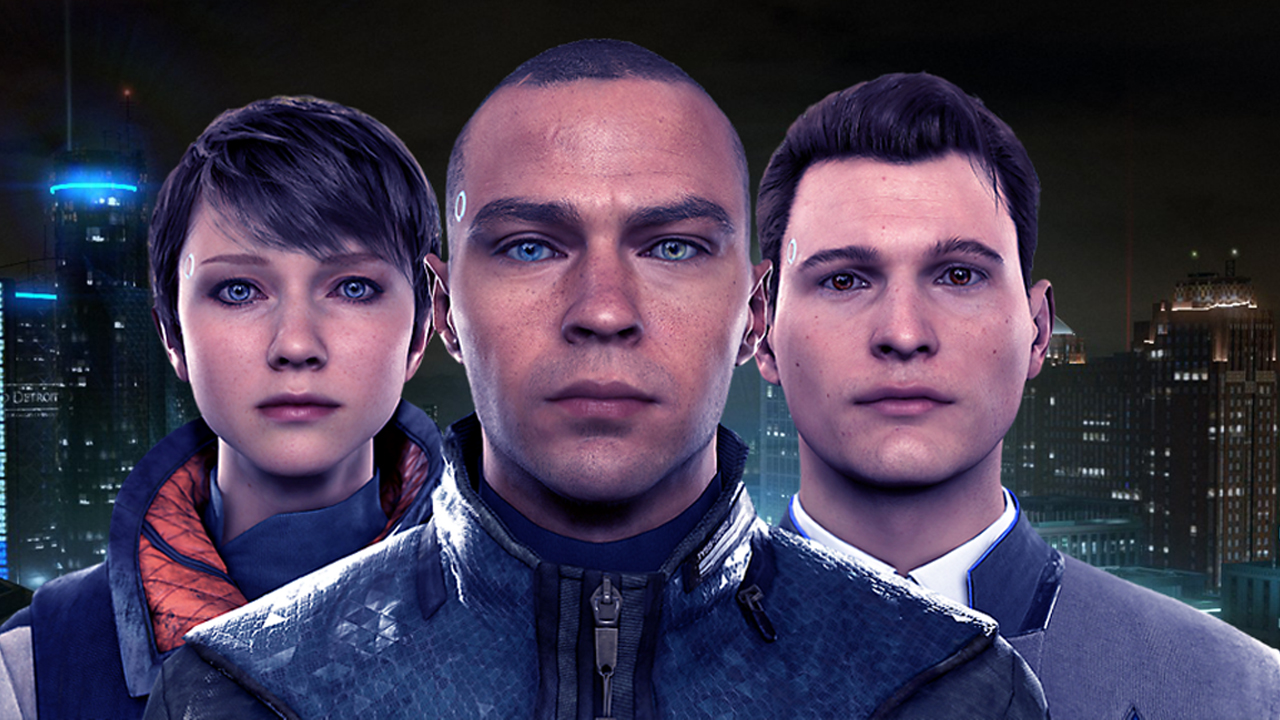
Memory is a powerful feature in the human mind. Merriam-Webster defines memory as “the power or process of reproducing or recalling what has been learned and retained especially through associative mechanisms”. It can help us remember moments we made with others, even as time has well long past. This is why I think the concept of memory was used well in the film “Marjorie Prime”, and the Star Trek: The Next Generation episode “Measure of a Man”.

Unlike all my other modules, I first started with the Star Trek: The Next Generation episode “Measure of a Man”. Now, I think that I can say, without a single shred of doubt, that this was one of my favorite episodes of Star Trek that I’ve seen for this class. Yes, in a show with aliens, space travel, and characters with empathic abilities, an episode where Data has a trial to fight for his right to choose ended up being my favorite. I love stories that asks deep philosophical questions, such as “Do robots have the right to choose for themselves”? It reminds me of a video game called “Detroit: Become Human”, where androids that are built to serve humans should have the same rights as humans have. I recommend it, its a really good game, and one where every single decision you make will result in a different ending.

Anyway, back on topic. In this episode, Commander Bruce Maddox, a Starfleet cyberneticist, wants to take Data from the Enterprise in order to recreate his positronic brain and create thousands of Data’s. Maddox felt that Data was not a sentient being, going as far as referring to him as “it”. Of course, Data was not down with that, because he felt that we was alive and sentient, even though he was an android created by Dr. Noonian Soong. I believe that Data and his fight for sentience is a perfect example of Socially Extended Cognition. As time marches on, social and cultural institutions that we are a part of shape the way we think, and sharing those memories with others is an important part of our cognitive lives. So, when Data was working as a crew member of the USS Enterprise, he was able to shape his positronic brain to make memories and relationships with other members of the crew, including Lt. Commander La Forge, and William Riker. As another example of him making memories is him keeping mementos during his time on the Enterprise, including his medals and a holocube portrait of Tasha Yar, a late Enterprise crewmember, who Data had strong feelings for. Some can say that he even loved her.

Afterwards, I watched the 2017 movie “Marjorie Prime”. This movie was based on the stage play of the same name, written by Jordan Harrison and released back in 2014. I am not kidding when I say that the minute I finished watching the film, I said to myself out loud, “What the hell did I just watch”? But after taking some time to process what I had just seen, it all makes sense. Marjorie, an 80 year old woman, speaks to a hologram of her late husband, Walter, and reminisce on the moments they had with each other. But, as the movie continues, there are different accounts to the relationship that Marjorie and Walter had. I think that this is a perfect example of autobiographical memory, which is defined as “a revisable and negotiable record of the personal past, constantly updated and subjected to ongoing retrospective revision”. For example, in one scene, we are to believe that Marjorie and Walter watched the film “My Best Friends Wedding” on the night he proposed to her. But later, Marjorie remembers a different film on that night, “Casablanca”.